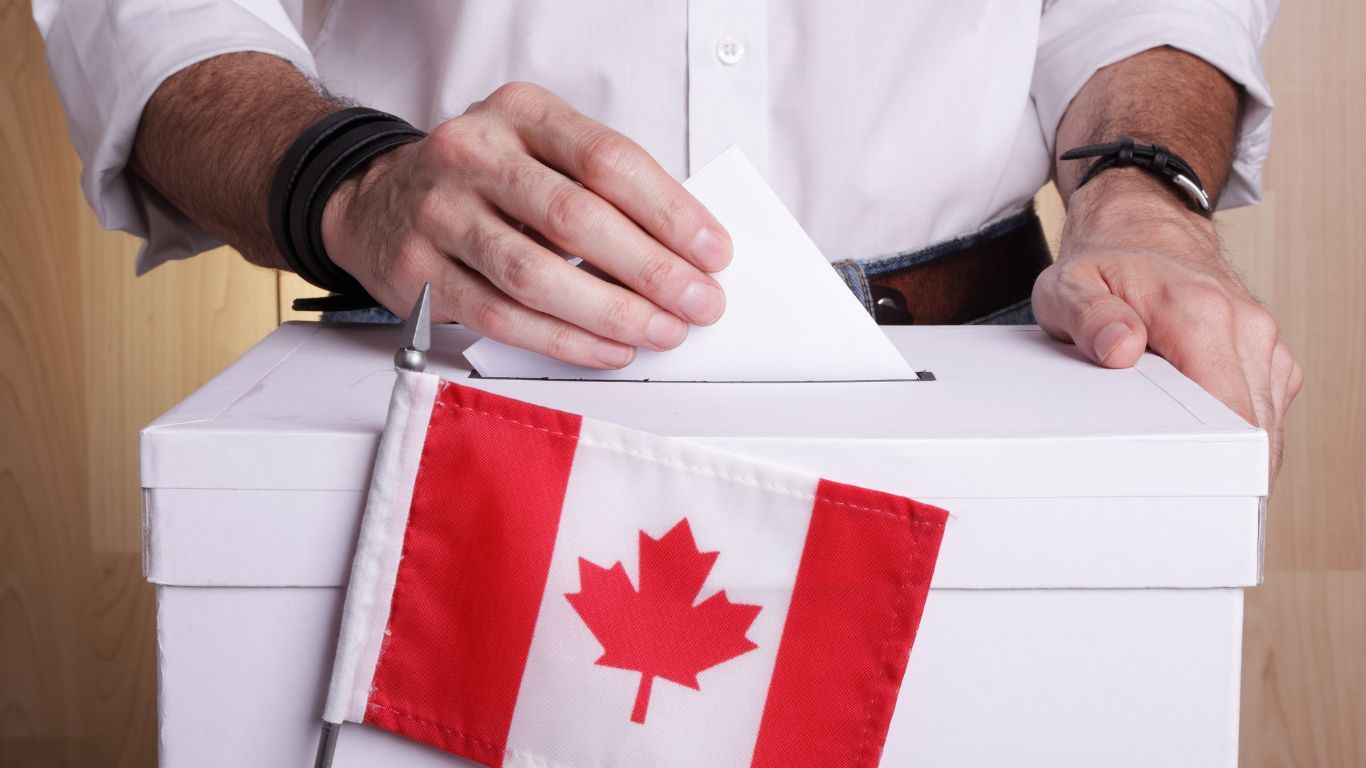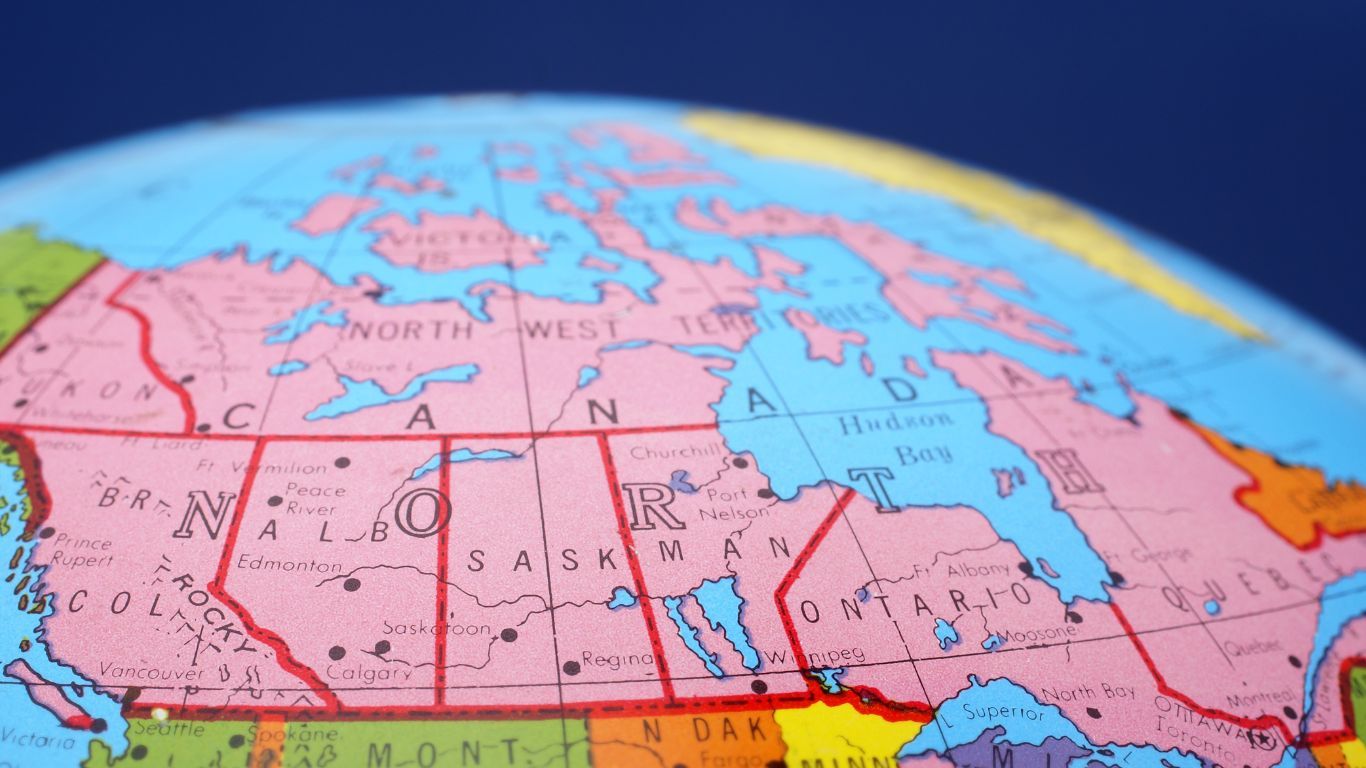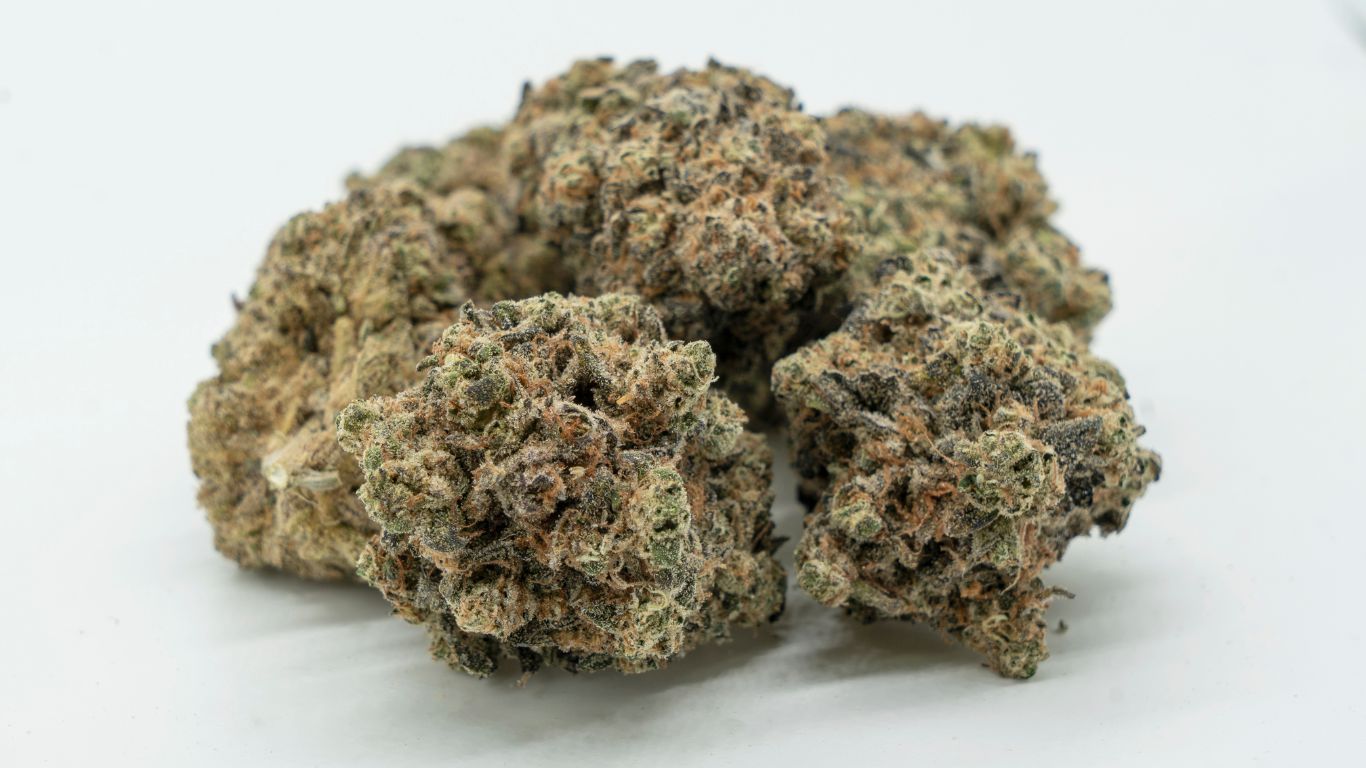
As the international landscape for cannabis broadens both in geography and product diversity, acronyms such as GACP, EU-GMP, and IMC-GAP, find their way into regular conversation. Companies that would have once been hyper-focused on the domestic market are now considering export opportunities, and with that comes international regulation.
Finding the right credentials to ensure products are qualified to go where they are intended can be a daunting and confusing task, as is even deciding to get certified.
When to get certified
StratCann spoke with Deepak Anand, who has been active in the global cannabis marketplace for years. Anand is currently the Principal of ASDA Consultancy Services and took the time to examine the hows and whys of certifying a cannabis company.
He began by pointing out a simple fact that may not be obvious to companies hungry for expansion. “International sales and distribution is not for everyone. That’s often where a lot of confusion lies,” he said.
Anand went on to add that it really depends on the business model. If the model is a hyper-focused product for the Canadian recreational market, then international sales credentials are not necessary. “Often some of these certifications require quite a bit of compliance, so in some cases it might not make sense to have [them].”
Having said that, a valid reason to obtain EU-GMP or other credentials could be for flower manufacturers who want to charge high-end pricing for their harvests. “If you’re a flower cultivator and that’s all you’re focusing on, there are price premiums in international markets for some of these [certified] products.”
What’s in a name?
Various types of certifications exist in the global cannabis sector, and they are dependent on the regions in which a manufacturer would want to distribute.
“One is the IMC-GAP or CUMCS certification, required to be able to supply into the Israeli medical cannabis market,” said Anand. “If you want to supply into Australia, the UK, or Germany, you would then look at getting EU-GMP or TGA-GMP certification.”
Another important differentiation to note is that the GMP designation is only applied post-harvest, meaning anytime the product is taken off the plant, that’s where GMP would begin. Before that, all certified activities related to cultivation would be GACP (Good Agricultural and Collection Practices).
Anand pointed out that there’s a misnomer that EU-GMP is somehow state-of-the-art or the gold standard of credentials.
“[EU-GMP] is a good certification standard, but because there’s a mutual recognition agreement between countries, there’s no real difference between the different GMP aspects,” he said. “If you’re going to be selling predominantly into Germany, if that’s your focus market, then of course it makes sense for you to be able to get a German regulator, [but] now what we’re seeing is companies also going to places like Australia and getting the Australian certification.”
What can GACP do for a cultivator?
McIntyre Creek Cannabis (MCCI) is a Canadian premium outdoor cultivator based in British Columbia, and getting the GACP certification was an essential part of their ongoing plan.
“MCCI prepared our cultivation program from our inaugural year with the mindset of GACP and organic certification by continually advancing our program year after year,” said Quinn Shiskin, President of MCCI. “Our first successful GACP audit and qualification was achieved in 2022 from examining our 2021 growing program.”
He added that GACP certification shows a commitment to a higher standard in the marketplace and instills trust from other companies as well as consumers.
“This accreditation not only ensures consistent product quality that exceeds consumer expectations, but also demonstrates our proactive approach to regulatory compliance and environmental sustainability.”
When asked about costs, Shiskin said that the physical cost was not a limiting factor, but a significant investment of time and resources went into it. Ultimately, it was all worth it for them.
“Despite the initial ‘costs’, the long-term benefits far outweighed them by seeing improvements in product quality, regulatory compliance, quality cannabis reputation, all of which have strengthened our position in the industry,” he said.
From the mouths of brokers
For a complete look into what these international credentials can do for sales, StratCann turned to Shannon Kloet, Co-Founder of the Tamerlane Trading Company, a brokerage located in Canada and the US.
“In the international market, the most prominent requirement is that cannabis is grown under GACP standards,” said Kloet. “[For processing] we often get asked about GMP or EU-GMP certification. GMP/EU-GMP products can generally garner higher prices. However, before deciding to go this route it would be important to perform a cost-benefit analysis, as the ROI could take some time to materialize.”
Kloet added that as the cannabis trade normalizes in various countries, qualitative grading standards will ultimately increase trust and transparency, making transactions more efficient for buyers and sellers.
“As the cannabis industry matures, we are going to see cannabis products traded like any other commodity. This means that standardization will become more prominent, not less,” Kloet said. “It is recommended that those not currently adhering to GACP standards consider adopting them as a good business practice for the future, regardless of plans to trade internationally.”
Like everything else in the cannabis industry, or any CPG sector for that matter, certifying to obtain increased trade and quality comes down to how much value it brings to the venture itself. If it turns out to be the right move, showing proof that a product is grown or manufactured at a higher standard has never hurt anyone.
~Jonathan Hiltz. Jon is a long-time journalist, published author, and executive in the cannabis industry, which he joined in 2016. jonhiltz.com











